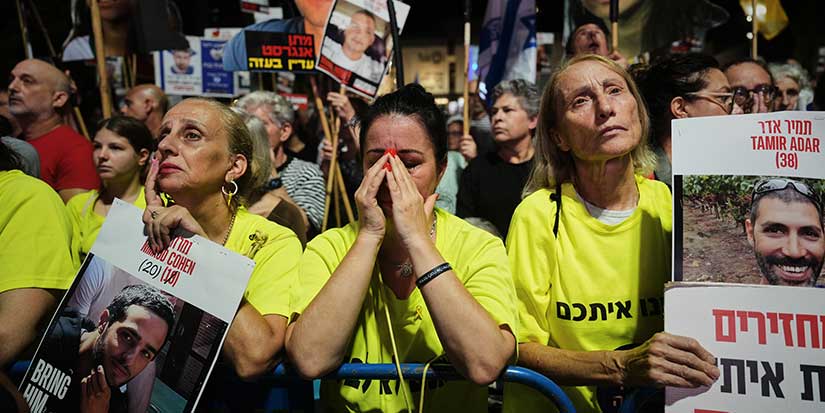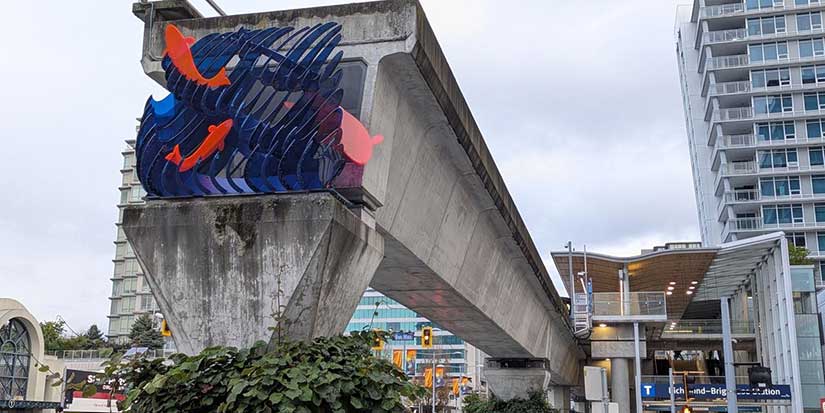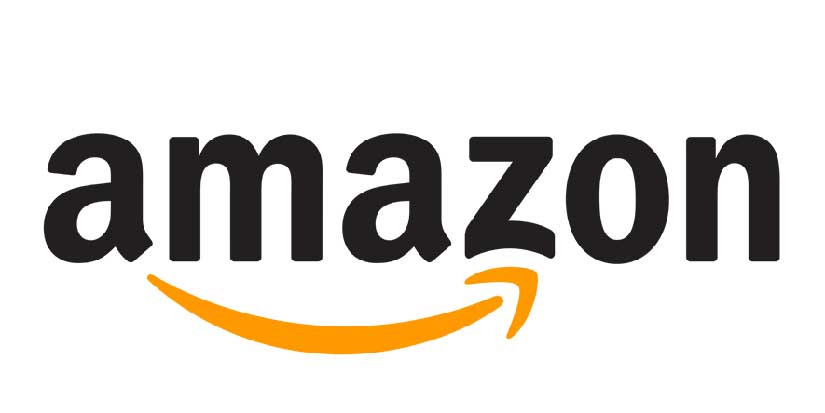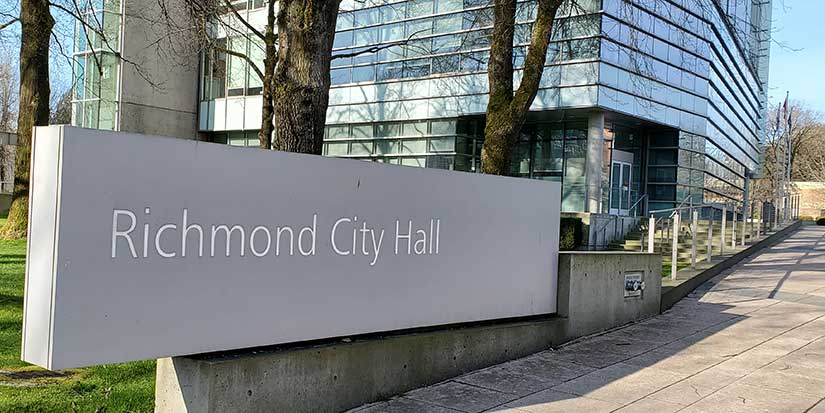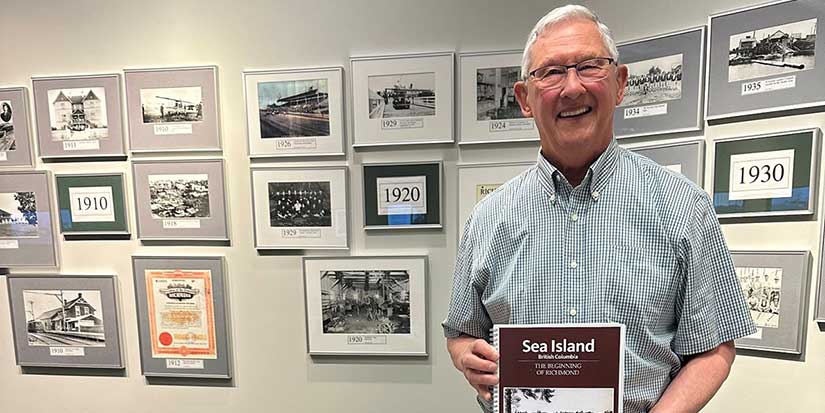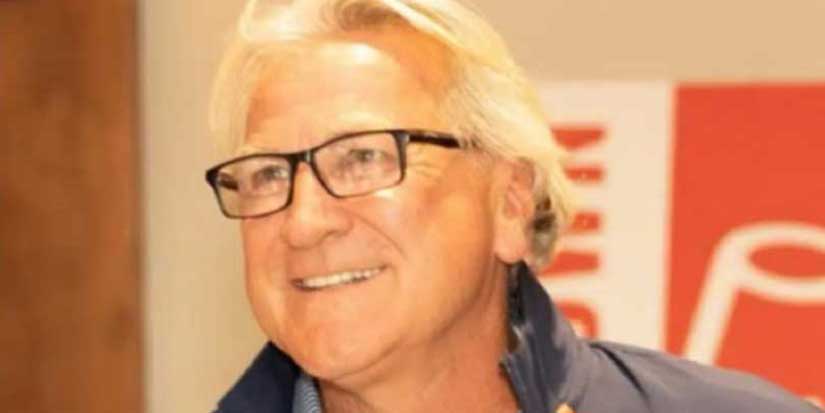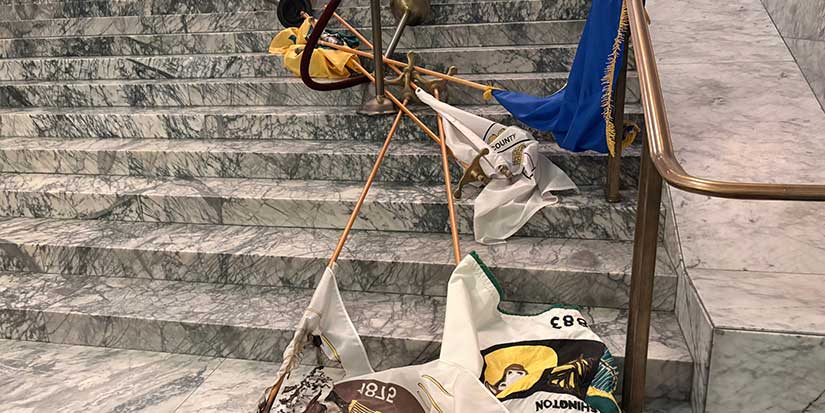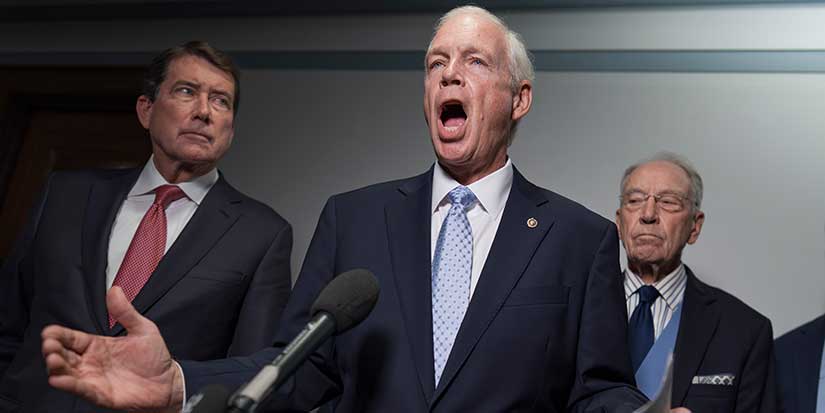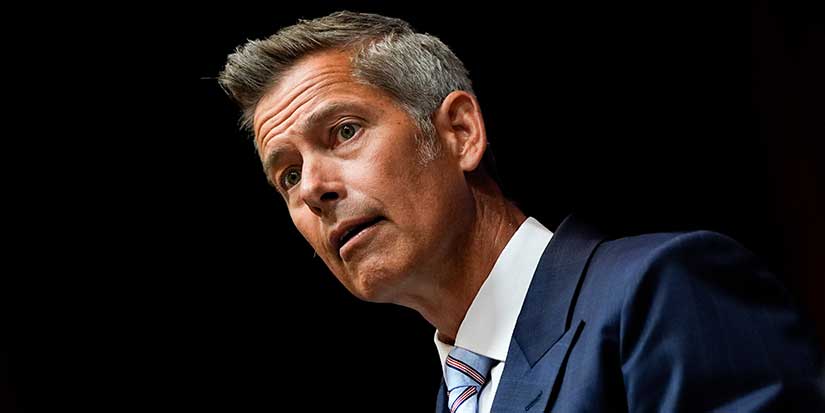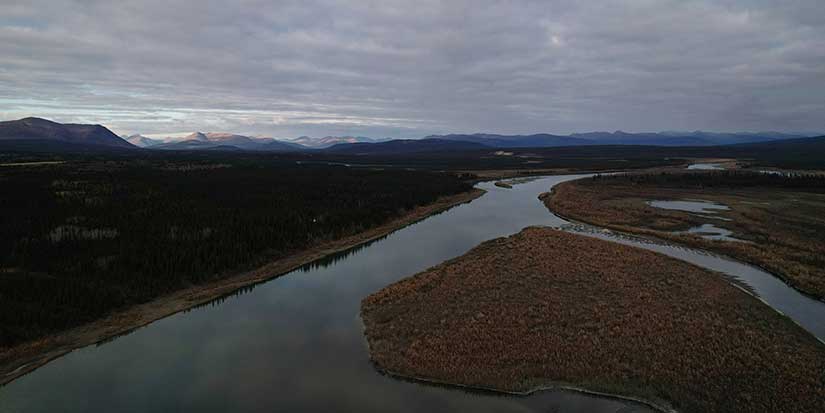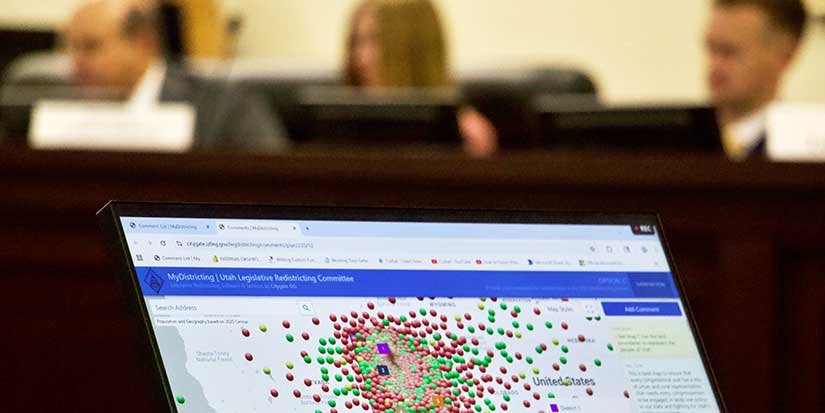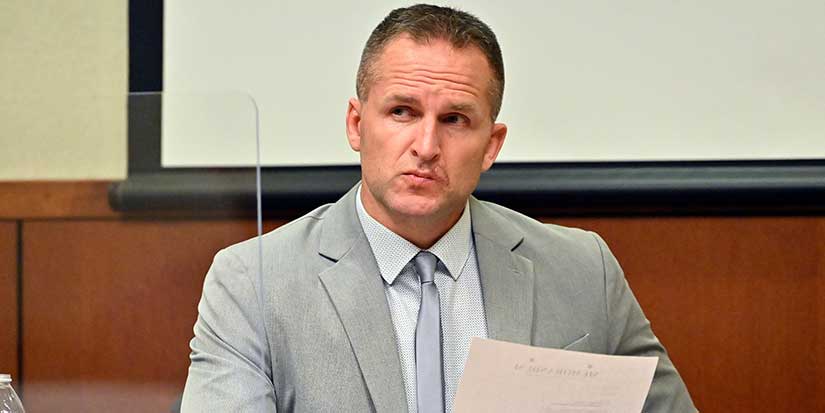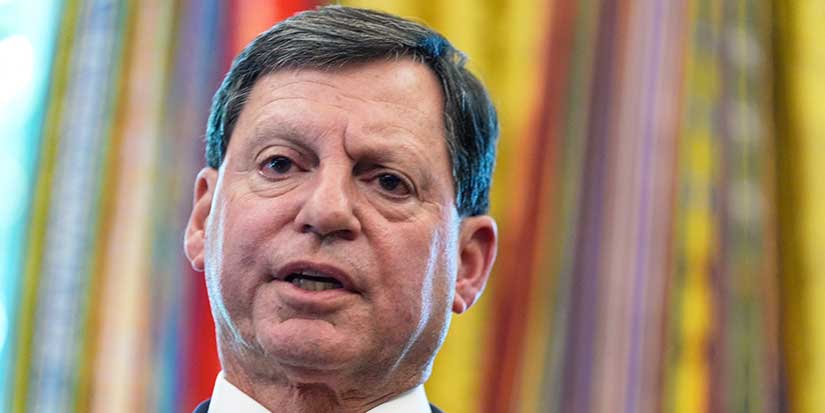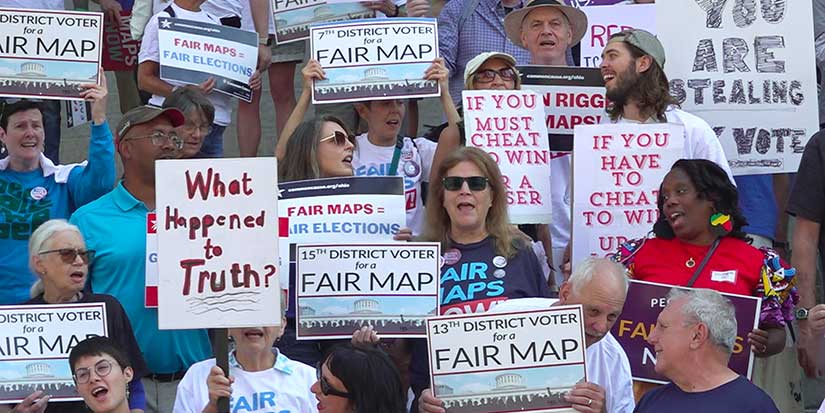National News
'An open nerve': Israelis, Palestinians mark two years of the Gaza war
Published 10:19 PDT, Mon October 6, 2025
—
Two years into the war in Gaza, the conflict continues to spread anger, frustration and pain across Canada, while Israelis and Palestinians fear the region will never exit the cycle of violence.
Hamas militants and affiliates attacked Israel on Oct. 7, 2023, killing 1,200 civilians and soldiers and taking roughly 240 people hostage. Israel responded by bombarding the Gaza Strip, killing more than 67,000 civilians and militants, according to the Hamas-controlled health ministry.
Israel insists it is neutralizing threats that have been supported by Iran's government, and is seeking the destruction of Hamas so it can no longer threaten Israel. Israel also argues the United Nations hasn't done enough to tackle these threats.
The hostages are at the forefront of every Israeli's mind, Israel's Ambassador to Canada Iddo Moed told The Canadian Press.
"We cannot really physically breathe until they're home," he said. "It's an open nerve that has to heal."
Moed said Canadians don't understand the primacy of the hostage issue for Israelis when they talk about the future of the Middle East.
"It is such a traumatic event for us that it will shape also our vision about coexistence with our neighbours. And only by fundamentally understanding this sensitivity would it be possible for anyone to support a peaceful resolution of where we are right now," he said.
Israel says Hamas still holds 48 hostages and believes roughly 20 of them are alive.
Yara Shoufani, an organizer with the Canadian group Palestinian Youth Movement, said the Oct. 7 attacks are part of a cycle of violence that stems in part from Israel's 20-year blockade of Gaza and the violent dispersal of mostly peaceful protests.
The Israeli government intensified restrictions on Palestinians in the years preceding the attack, affecting people whose families were forced from their homes in the 1948 founding of Israel and a 1967 war.
"It's impossible to understand the events of October 2023 without understanding the reality of the blockade," Shoufani said.
"Without understanding that many of the people who live in Gaza … were dispossessed and kicked out of their homes and live in Gaza as refugees, only to then be encircled by the Israeli military and not able to leave."
Shoufani said Israel undertook a shocking amount of violence in the current war, killing thousands of civilians in the Palestinian territories and neighbouring countries.
She said that has driven large protests — including many in Canada — demanding that Israel follow international law, particularly after it restricted food and essentials entering Gaza to the point of a formal declaration of famine.
The constant fear, she said, is that Israel is pushing Palestinians to leave Gaza and the West Bank so the territories can be annexed.
"Palestinians who live in Canada are feeling like there is an attempt to completely erase the Palestinian people, at every level," she said.
That includes, she said, efforts to criminalize protests in Canada, to fire those who speak out for Palestinians and to ban symbols like the keffiyeh scarf.
Moed said the response in Canada from "radical voices here, of Islamists, of extremists," has escalated into a torrent of antisemitic crimes perpetrated "almost without any inhibition," such as attacks on Jewish schools and on Jews on the streets.
Jewish leaders have denounced protests against Israel that target Canadian Jews, including those in Jewish neighbourhoods, and outside Jewish businesses, schools and synagogues.
Last month, the federal government introduced legislation that would make it a crime to intimidate or obstruct people outside schools, community centres and other places primarily used by an identifiable group.
Shoufani said Israel has faced virtually no restrictions in pursuit of what she deems to be a genocide. The Canadian government has studiously avoided using that word, saying it's up to the International Court of Justice to decide whether a genocide is taking place.
"A lot of us who have family in the region are dealing with a level of destruction and violence and loss that is really hard to imagine," she said.
"We are talking here about entire families being wiped off the map in Gaza. In Lebanon, there are entire villages that were levelled and destroyed."
She said there has been "a complete shift in public opinion" since the Gaza war began, including from "places where we've never historically seen support for the Palestinian cause."
Within Israel, Moed said, society has coalesced around the need to bring home the hostages, even if that fuels bitter protests against the government of Israeli Prime Minister Benjamin Netanyahu.
"Israeli society has shown resilience but also has polarized to some effect around the priorities within the war, and the priorities for the day after," he said.
That polarization includes calls for accountability over how Israeli security failed to detect and prevent the Hamas attack. The hostages' families have criticized the Israeli government for not opting for ceasefires, saying Netanyahu is prioritizing his political future.
Other Israelis criticize their government for agreeing to release Palestinians who committed violent acts.
In recent weeks, Canada's decision to recognize the State of Palestine and set out conditions for full normalization have dominated the discussion.
Moed said Israel's ties with Ottawa have rarely been as strained as they are now. He said the government of Prime Minister Mark Carney "is so bent on supporting policies that only work to isolate Israel but don't make any difference on the ground" for Israelis or Palestinians "beyond strengthening Hamas."
Shoufani said Ottawa's recognition doesn't make up for Canada's "incredibly disappointing" policy of continuing to allow arms exports to Israel through limited restrictions, instead of imposing a full arms and trade embargo.
The Palestinian delegation in Ottawa could not provide someone to offer comment to The Canadian Press, as its ambassador-rank position is currently vacant. It instead arranged an interview with Omar Awadallah, the Palestinian deputy minister of foreign affairs.
He said from Ramallah that two years of carnage in the West Bank and Gaza show the importance of countries like Canada imposing real consequences for breaches of international law.
"We have a war criminal heading the Israeli government, as if that's normal," he said. "They used sticks against the Palestinians and the carrot for the Israelis. It's time to use the stick on the Israelis, to put sanctions, because it is impossible to see genocide without taking action."
– Dylan Robertson, The Canadian Press
